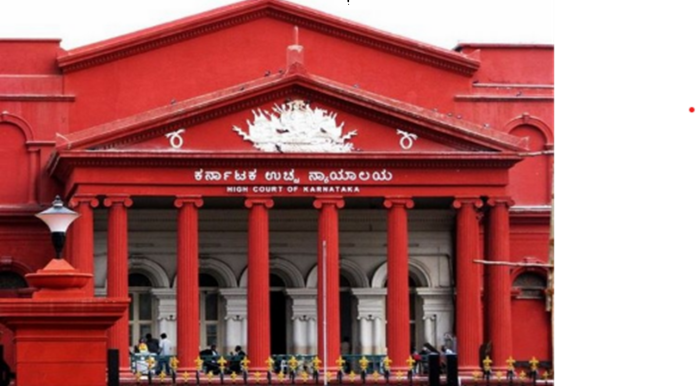The Karnataka High Court disposed of a Public Interest Litigation (PIL) filed seeking direction to the Respondents to publish directives/guidelines to its election personnel to mandate the procedure liable to be adopted in initiating effective prosecution against voters who indulge in electoral malpractices during elections, in the likes of the General Election to the Karnataka Legislative Assembly, under Chapter IX-A of the Indian Penal Code, 1860, or other applicable statutes.
The petition in general and the above prayer in particular have been structured keeping in view a learned Single Judge’s order dated 17.02.2023 rendered in Criminal Petition No.10435 of 2022 between A.MANJU vs. STATE OF KARNATAKA AND ANOTHER, wherein at paragraph 8, the following directions have been issued:
“(i) If any such non-cognizable offences were found committed, the informant have to obtain permission under Section 155(2) of Cr.P.C. by very informant shall approach the Magistrate under Section 155(1) of Cr.P.C. and thereafter, the Magistrate shall accord permission under Section 155(2) of Cr.P.C. by application of mind by following the judgment of the Coordinate Bench in the case of Vaggeppa Gurulinga Jangaligi (Jangalagi) vs. The State of Karnataka, Through PSI, Kagwad Police Station, Belagavi reported in ILR 2020 KAR 630 and then the police to register the FIR and file the charge sheet.
(ii) In respect of offences punishable under Section 188 of IPC, though it is cognizable offence, the complainant or the flying squad shall not file any complaint before the Police under Section 154(1) of Cr.P.C., but, the complainant can seize the materials by preparing panchanama in the presence of witnesses, based upon the power conferred by the Election Commission of India and thereafter, the Election Commission of India may authorize the complainant to file the complaint under Section 2(d) read with Section 200 of Cr.P.C. along with the documents before the Magistrate as per Section 195(1)(a)(iii) of Cr.P.C. Then, the Magistrate can take cognizance and dispensed with the recording of sworn statement of the complainant-public servant and then pass the order by issuing the process under Section 204 of Cr.P.C. in accordance with law.”
The counsel for the PIL Petitioner vehemently argued that the above observations need to be implemented by the Election Commission of India by issuing appropriate Orders in terms of Article 324 of the Constitution of India for the entire country.
The Standing Counsel for the Commission has filed the Statement of Objections resisting the petition inter alia contending that already the HANDBOOK FOR PRESIDING OFFICERS 2023 promulgated by the Commission makes provisions.
He also draws the attention of the High Court to several Annexures inter alia issued by the Commission and the Chief Electoral Officer for the State.
He further submits that an appropriate Circular/Order also shall be issued by the Commission in due course in terms of the subject order of the Single Judge, so that the same would apply to whole of the country. This is appreciable.
The Division Bench of Chief Justice N. V. Anjaria and Justice Krishna S. Dixit disposed the PIL with the above observation.


